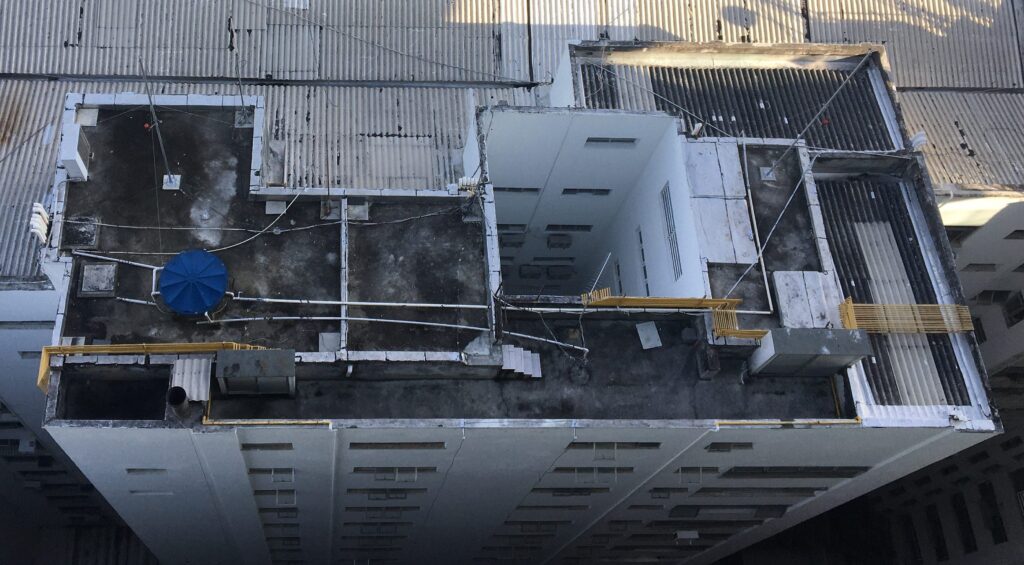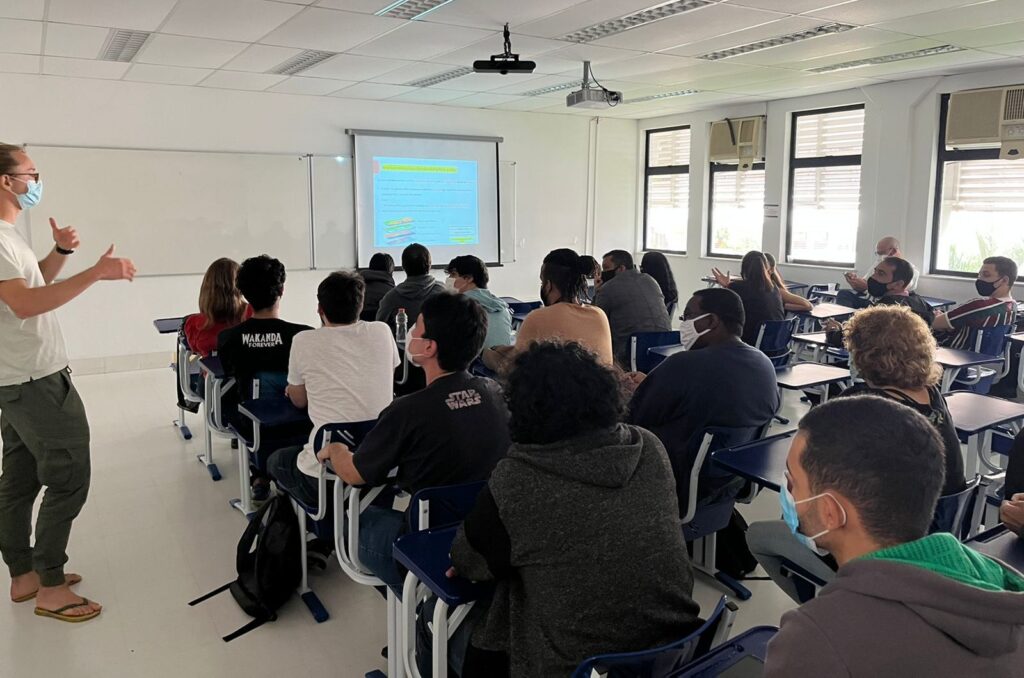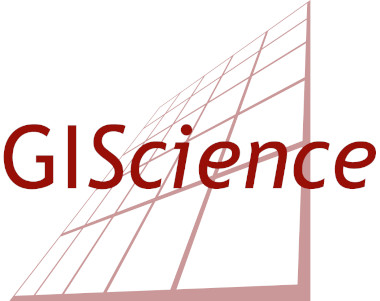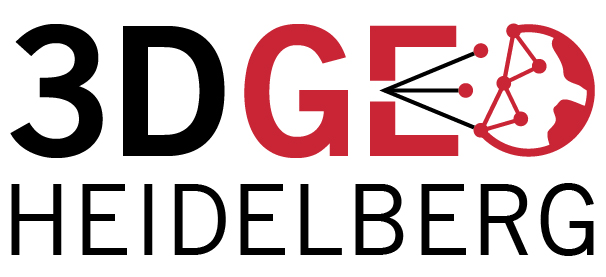In context of his research on mosquito monitoring and inner-urban dengue occurence, PhD student and GIScience team member Steffen Knoblauch visited the “Universidade Federal Fluminese” (UFF) in Niterói, State of Rio de Janeiro, Brazil. He was invited to meet collaborators and professors of UFF and to present his work in “Dengue Risk Modelling at an Urban Scale” as a guest lecturer. During his research, Steffen and his team had conducted a model experiment which shows how digital models based on open accessible data could reduce the labor intensity of monitoring mosquito populations, delivering very promising results. Open accessible geodata could soon be used to significantly improve control of mosquito-borne diseases. Apart from visiting the facilities of UFF’s computer science department, Steffen explored the distribution of water tanks in different urban structures (like favelas, residential spaces and commercial areas), which he mapped remotely for the whole metropolitan area of Rio de Janeiro, using open accessible satellite imagery. This also included inspecting the locations of ovitraps, artificial mosquito breeding sites that are used to monitor the population of Aedes Aegypti, the primary disease-carrier (vector) of the dengue virus (DENV).

Due to its short flight range and its use of a variety of small breeding habitats, Aedes Aegypti is especially difficult to map using sample-based surveillance systems like ovitraps. The labor required to map Aedes Aegypti abundance could be reduced by using digital proxies instead. Steffen proposed a novel framework for the semi-automatic mapping of water tanks, a common breeding site for Aedes Aegypti. He evaluated their significance as indicators of vector population density, using two novel models which were developed to detect water tanks in satellite images – A supervised model and a semi-supervised self-training model. The results indicate the usefulness of SSST over supervised learning. Since then, Niterói and other surrounding municipalities of Rio de Janeiro have expressed interest in conducting similar analyses. In this regard, Steffen and the team of UFF’s computer science department, as well as professors from Universidade Federal do Rio de Janeiro (UFRJ) who work on similar topics, got to discuss common research topics and ideas for future collaborations.

In his guest lecture, Steffen presented the current results of his research, as well as future research plans for the city of Rio de Janeiro, to students and professors of UFF. They showed great interest in the approaches that Steffen described and in the possibility of applying methods of computer sciences to beneficial causes, as many of them could relate to the research topic by personal experience. A majority of students were able to share detailed information about cases of DENV in their families, displaying the prevalence of DENV in the city of Rio de Janeiro and highlighting the importance of research on counteractions, with special regards to the fact that there is still no effective, globally approved DENV vaccine for all population groups. The fact GeoAI can help to monitor urban mosquito populations with higher precision, allowing a more targeted intervention into the spread of Aedes Aegypti and other vectors, inspired many of the students to make AI-supported vector control the topic of their final theses.

Further mosquito prevention methods and strategies for a broader education on effective DENV prevention were also discussed during the lecture. Old tires, for example, were identified as another cause of the mosquito problem. As they are more affordable than regular pots, they are often used as planters, which also recreates mosoquito breeding conditions. In addition, sleeping under mosquito nets was named to be an ineffective prevention method, as Aedes Aegypti prefers to bite during daytime. Much rather could mosquito nets be used to seal urban water tanks, preventing mosquitos from using the tanks as breeding sites. Ultimately, the lecture and the discussion provided a positive outlook on vector control in the future, highlighting the great potential of digital science techniques used to aid field workers of vector control, public health authorities and decision makers.


